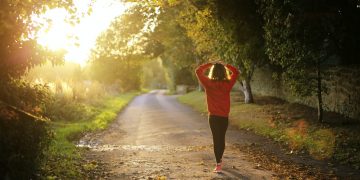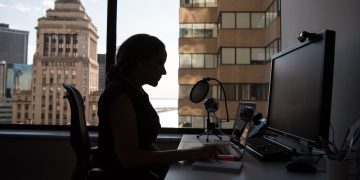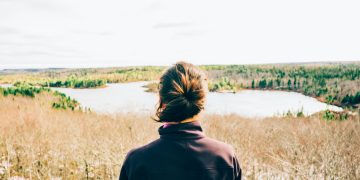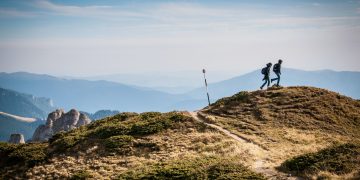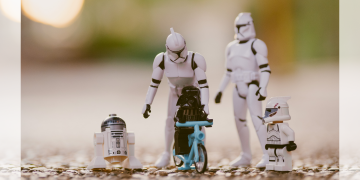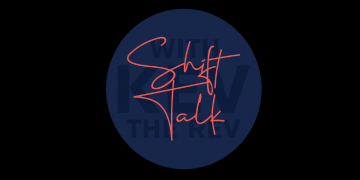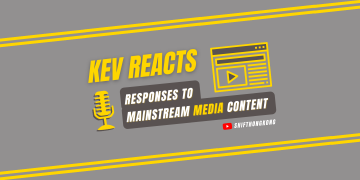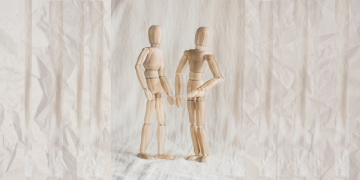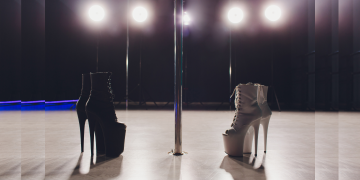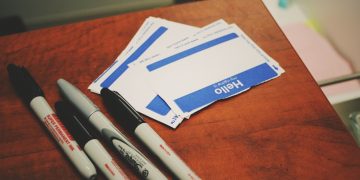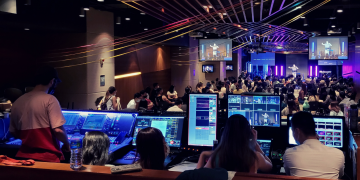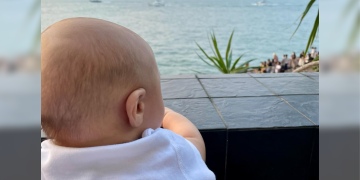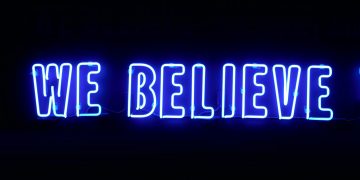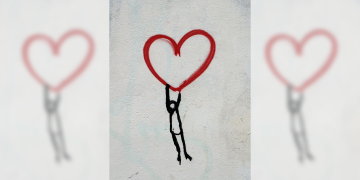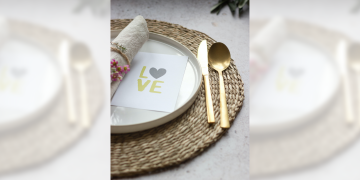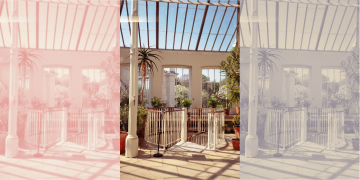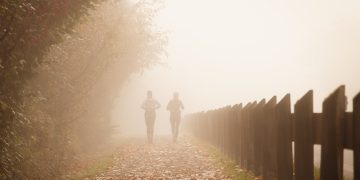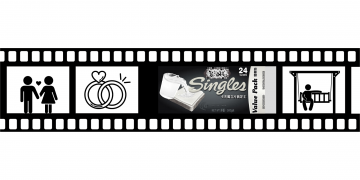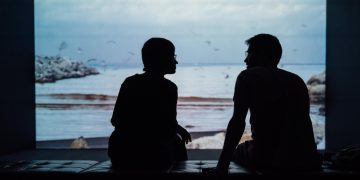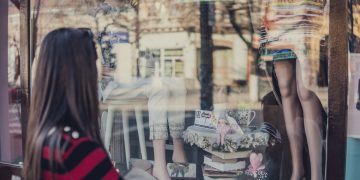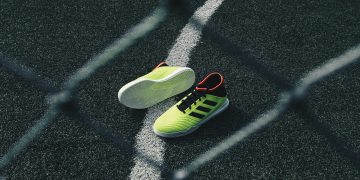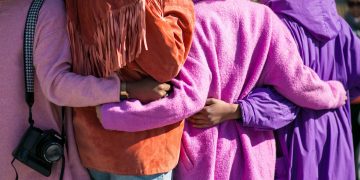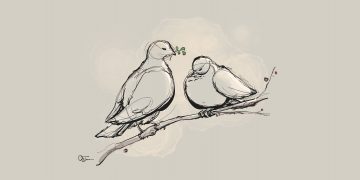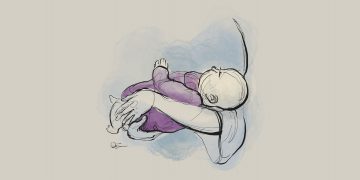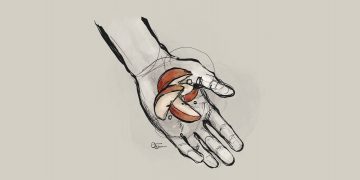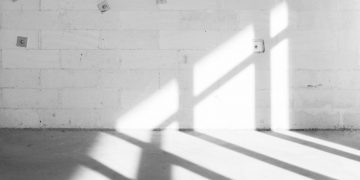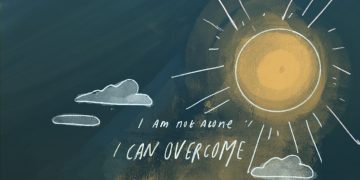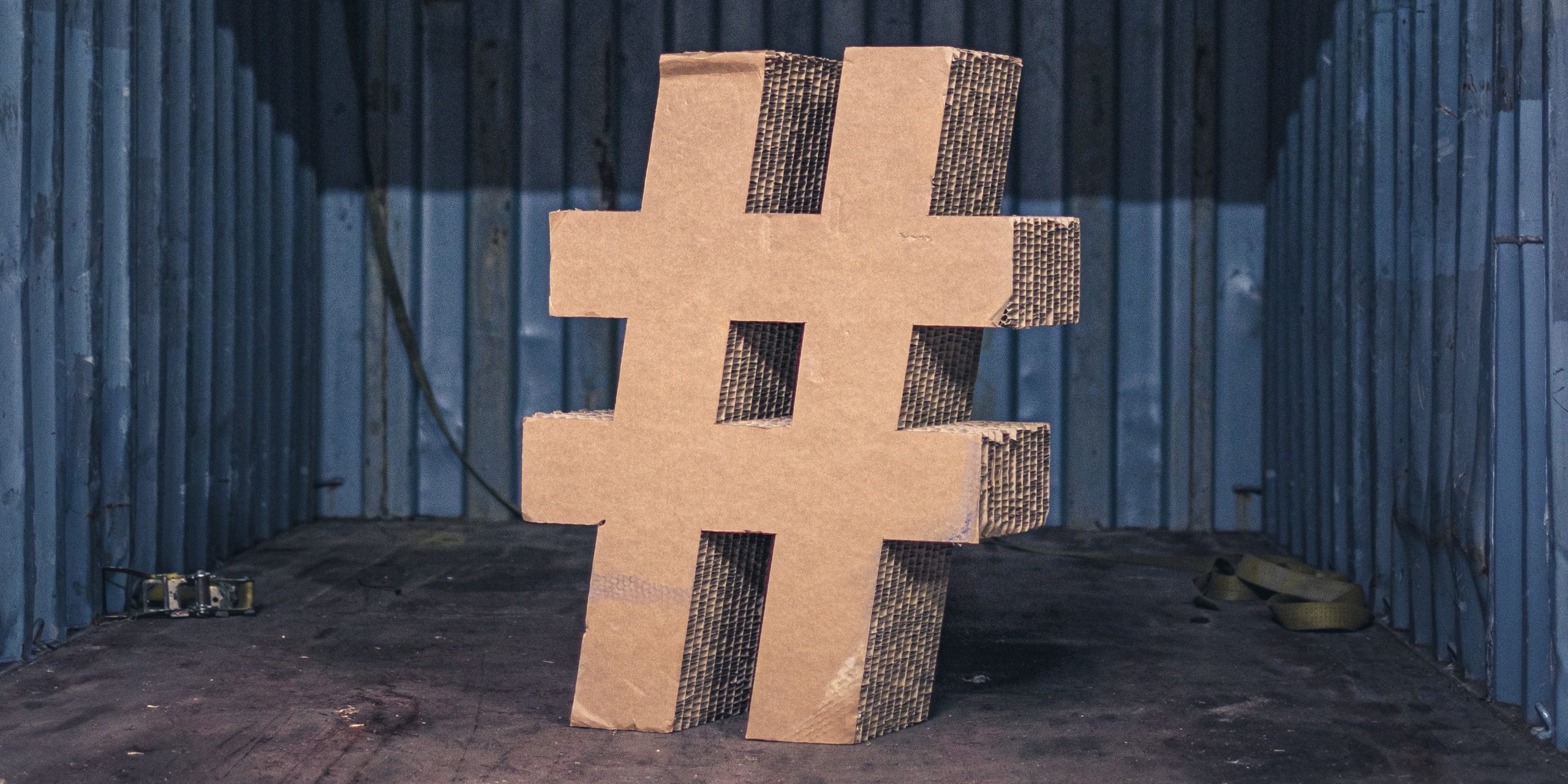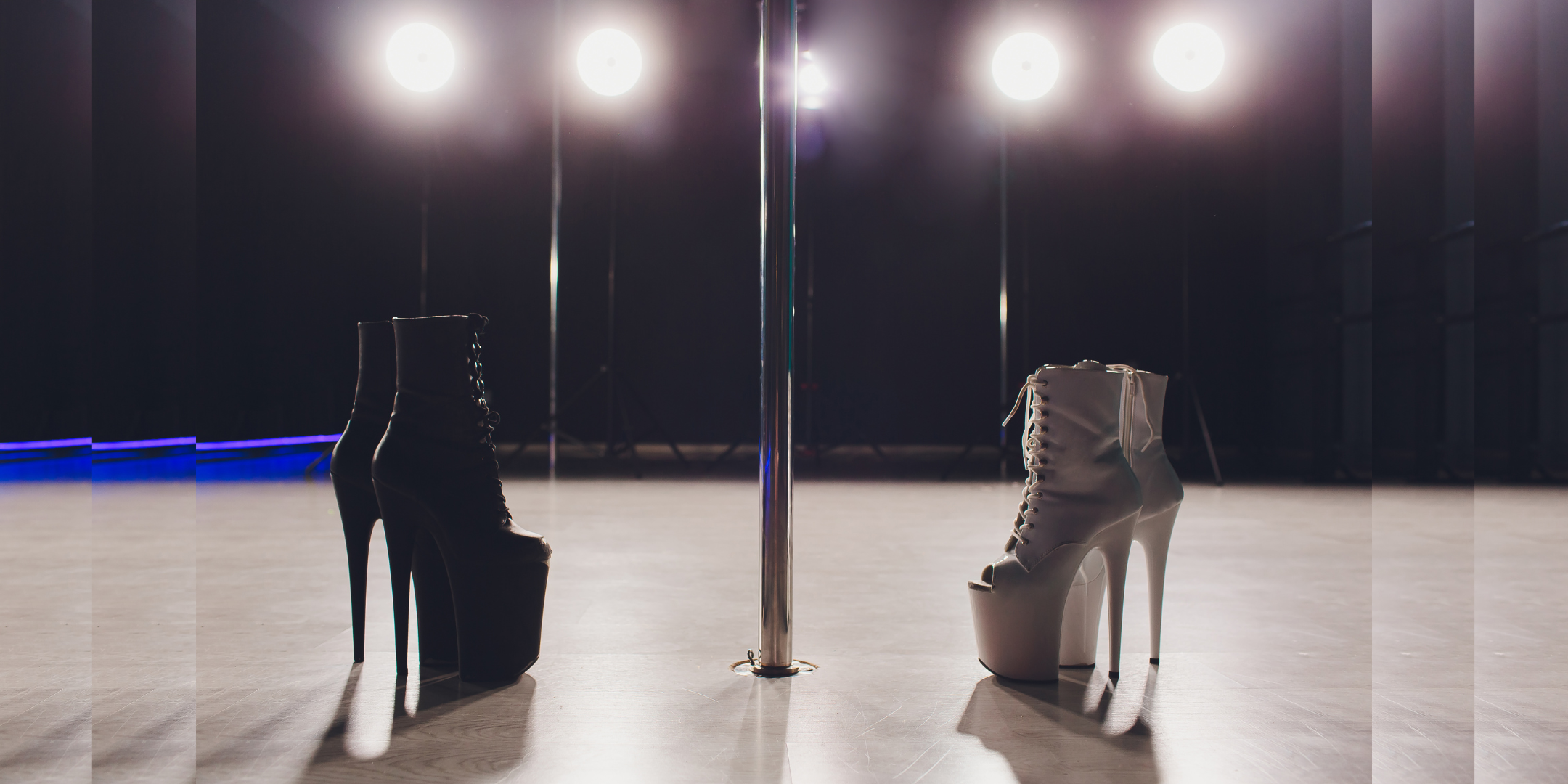Pole dance (n.)
A dance that combines dance and acrobatics centered on a vertical pole; typically requiring significant muscular endurance, coordination, strength and flexibility; gradually recognised as a performance art or a form of fitness.
======
What’s your impression of “pole dance”? It has gradually become a popular fitness activity and is available in many fitness studios in Hong Kong.
I’ve interviewed a Shifter who is passionate about pole dance and has experienced so much transformation from it. I am personally very inspired and encouraged by her story, and hope this will encourage you too!
======
Q:
Tell us about yourself!
A:
Currently I have a desk job and I do a lot of writing for work. It’s pretty stationary. I don’t really get to move around a lot, and just sitting at the desk all day.
I came to Island ECC when I was a teenager, and now I’m back as an adult and I volunteer with Shift.
Other than pole dancing, I think I have some pretty typical hobbies, like taking walks and playing video games. I also like listening to podcasts and documentaries – pretty relaxing things.
Q:
What prompted you to try pole dancing, and how long have I been doing it?
A:
So quite a while back, some friends of mine mentioned wanting to try pole dancing because it looked so challenging. It’s one of those things where you know it’s hard, but you also want to see how hard it really is for yourself, and just try it out.
And I started going because I saw a studio offering classes at a good price on a membership app, and I decided to try it out of my own curiosity.
And to be honest, I was really bad. I couldn’t do the basic spins and I kept sliding off because my hands were so sweaty. But everyone else in the class seemed to be doing pretty well and pretty easily able to get the hang of it. And I was always encouraged by other girls in the class. They were like, “oh, just take some time and practice, you’ll get it eventually.”
And so I thought, if I keep trying, maybe I’ll be able to do at least one basic thing.
So I kept going back, and then I kept going back, and now here I am: four years since I took my first step. I took a couple of breaks in between due to injury and also being busy with life. But it’s crazy how fast time has passed!
Q:
What are the biggest challenges? How did you overcome them?
A:
I would say, pole dance has a pretty steep learning curve, especially in the beginning.
For me, one of the biggest challenges was learning not to compare myself and my progress with others and to know that it’s okay that we all started at different fitness levels and different physical and sports ability. Everyone is different. And also, everyone might like a different style: maybe more acrobatic, maybe more gymnastic, maybe more contemporary. Everyone is different.
For me, one of the biggest challenges was learning not to compare myself and my progress with others and to know that it’s okay that we all started at different fitness levels and different physical and sports ability. Everyone is different.
In the beginning, I was actually super unfit. I struggled a lot with my own appearance and I tended to be quite self-critical. I think pole dance has really helped with my struggles.
Of course, I also worked on my own mental health journey separately. But I think pole dance has helped me to overcome those struggles, and to become more conscious of just being kind to myself.
I remind myself that pole dance is super fun no matter how good or how bad I am, and that “good” and “bad” is also possibly subjective. Afterall it’s great exercise and it’s something that I do for myself.
Everyone starts somewhere, and slow progress is still progress. So there’s nothing wrong with taking it easy and to build the strength and foundation slowly. And that is something that I think has helped, just like calming myself down and going at it with a more accepting, a more understanding and kind view of myself.
Everyone starts somewhere, and slow progress is still progress. So there’s nothing wrong with taking it easy and to build the strength and foundation slowly.
Q:
What transformations have you experienced throughout the process?
A:
I remember in the first few months of pole dancing, I was thinking, “I just want to be able to do some nice spins around the pole, and I will definitely never go upside down. That’s way too scary.”
But now here I am: going to classes where I am pretty regularly upside down and doing tricks upside down.
So for me, that has helped me learn that anything is possible with time and practice and that our bodies are capable of some pretty amazing things.
Pole dance has also helped change and shift my mindset in general. I wouldn’t say it’s a complete fix or solution for all issues relating to confidence or self-esteem, but I think for me, at least, it has put me in a position where I had to confront my own insecurities – which is a bit uncomfortable, of course – but I think the learning and the growth that comes out of it and learning how to better take care of myself and learning more about myself, really, was worth it. And it’s still an ongoing journey and I’m quite happy with how far I’ve come actually.
[Pole dance] has put me in a position where I had to confront my own insecurities – which is a bit uncomfortable, of course – but I think the learning and the growth that comes out of it and learning how to better take care of myself and learning more about myself, really, was worth it.
And lastly, pole dance is a whole body workout. The joke is that, after one or two classes, you’ll be sore in muscles that you didn’t even know existed! And you also need a lot of skin contact to stay up on the pole. So naturally it has made me more comfortable being in my own skin, and it has also helped me come to appreciate my own strength and physical ability and also how far I’ve come.
And you also need a lot of skin contact to stay up on the pole. So naturally it has made me more comfortable being in my own skin, and it has also helped me come to appreciate my own strength and physical ability and also how far I’ve come.
Again, like I said, it’s a really steep learning curve. And just looking back, even just half a year ago or a whole year ago, the progress is so cool to see.
Q:
What are your encouragements to those who lack confidence in themselves?
A:
Speaking from my own personal experience, I would say, do your best to be kind and to be patient with yourself.
I once read something that says: Our bodies do so much for us – it breathes, it moves, it absorbs nutrients, and nourishment, and it allows us to do things like interacting with the world and the people around us. Yet our society has put so much emphasis and pressure on how people should look. They should be in a certain way, they should have this muscle tone or this body type, etc. And for me, it has influenced me in a way that I spent quite a long time in the past beating myself up very easily instead of appreciating what I have.
Like I said earlier, our bodies are pretty amazing. So it’s not exactly the easiest kind of advice to take on immediately. But again, slow progress is progress. Maybe you can try to be more gentle and good to yourself as you would to a close friend, because you’d never speak to them the same way that your internal self-critic speaks to you.
======
For you created my inmost being; you knit me together in my mother’s womb. I praise you because I am fearfully and wonderfully made; your works are wonderful, I know that full well. – Psalm 139:13-14 NIV
======
Listen to the audio version of this interview here: Part 1 and Part 2


